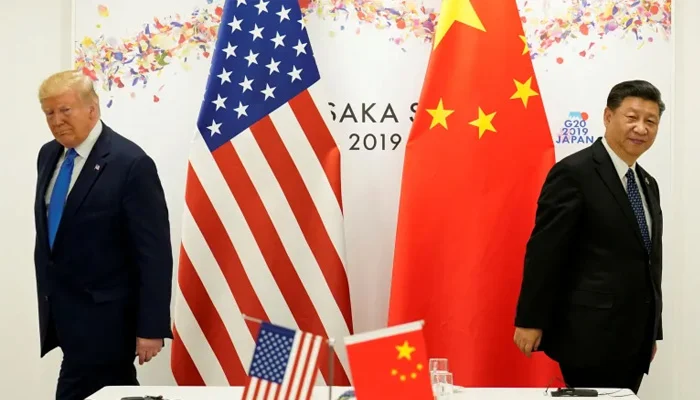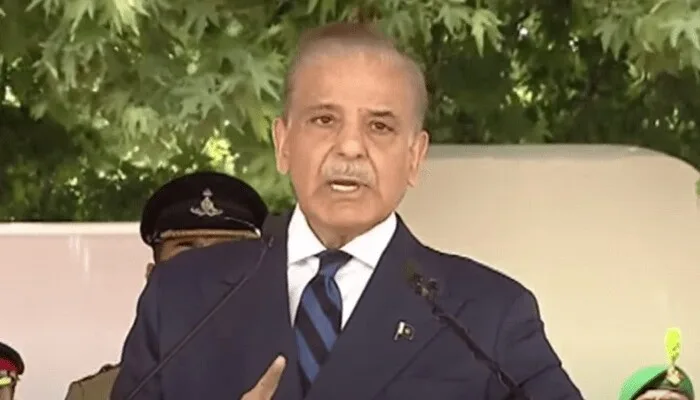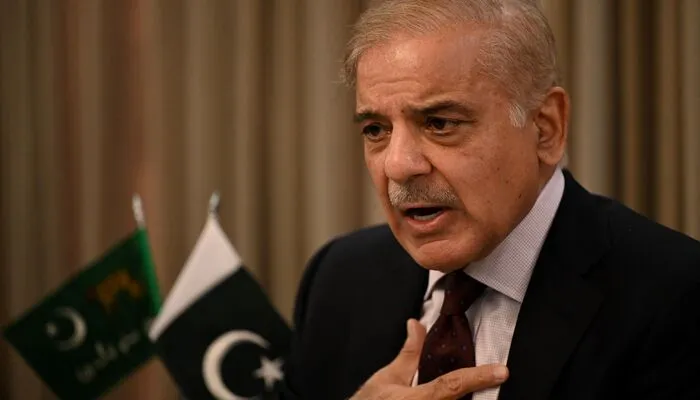
Lt Gen (retd) Amjad Shoaib, a former army officer, was arrested by Islamabad police early on Monday on suspicion of inciting public dissent against national institutions.
According to sources, he was apprehended at his residence in the federal capital by officers from the Ramna police station.
The arrest came after an FIR was filed against him under sections 153A and 505 of the Pakistan Penal Code at the same police station the previous evening. The complainant in the FIR was Magistrate Awais Khan.
During a recent television interview, Lt Gen (retd) Amjad Shoaib reportedly made comments inciting people to revolt against institutions, which led to the filing of the FIR.
He is currently in police custody at the police station’s lockup and will be brought before a local court this morning for remand.
This is not the first time Lt Gen (retd) Amjad Shoaib has been in trouble with authorities. On September 7th, he was summoned by the Federal Investigation Agency (FIA) after making claims about a meeting between Pakistan’s prime minister and an Israeli team.
However, he did not appear before the FIA’s Cybercrimes Wing as requested.
According to Amjad Shoaib, the prime minister had met with an Israeli delegation during a visit to a Gulf country.
The former military officer’s claims had caused a stir in Pakistani media, and the government had denied any such meeting had taken place.
The current arrest of Lt Gen (retd) Amjad Shoaib is a clear indication of the Pakistani government’s determination to clamp down on any attempts to incite public dissent against national institutions.
The authorities have been increasingly vigilant about the issue since the 2018 general elections, which saw the emergence of the Pakistan Tehreek-e-Insaf (PTI) party as the ruling party.
The PTI government has been accused of cracking down on opposition figures and journalists critical of its policies.
In recent months, several prominent journalists and activists have been arrested, and media outlets have been targeted for censorship.
The government has defended its actions as necessary to maintain national security and stability, but critics have decried them as an attack on democratic principles and freedom of expression.
The arrest of Lt Gen (retd) Amjad Shoaib is likely to add fuel to the ongoing debate about the limits of free speech in Pakistan.
While the government has a duty to maintain law and order and protect national institutions, it must also respect the rights of individuals to express their opinions freely and without fear of reprisal.
Balancing these competing interests is a delicate task that requires careful consideration and a commitment to upholding democratic values.
In conclusion, the arrest of Lt Gen (retd) Amjad Shoaib on charges of inciting public dissent against national institutions is a significant development in Pakistan’s political landscape.
It highlights the government’s determination to maintain control over the narrative and clamp down on any dissenting voices.
However, it also raises important questions about the limits of free speech and the government’s responsibility to protect democratic values.
As the country moves forward, it will be crucial to find a balance between these competing interests and ensure that democratic principles are upheld.
















